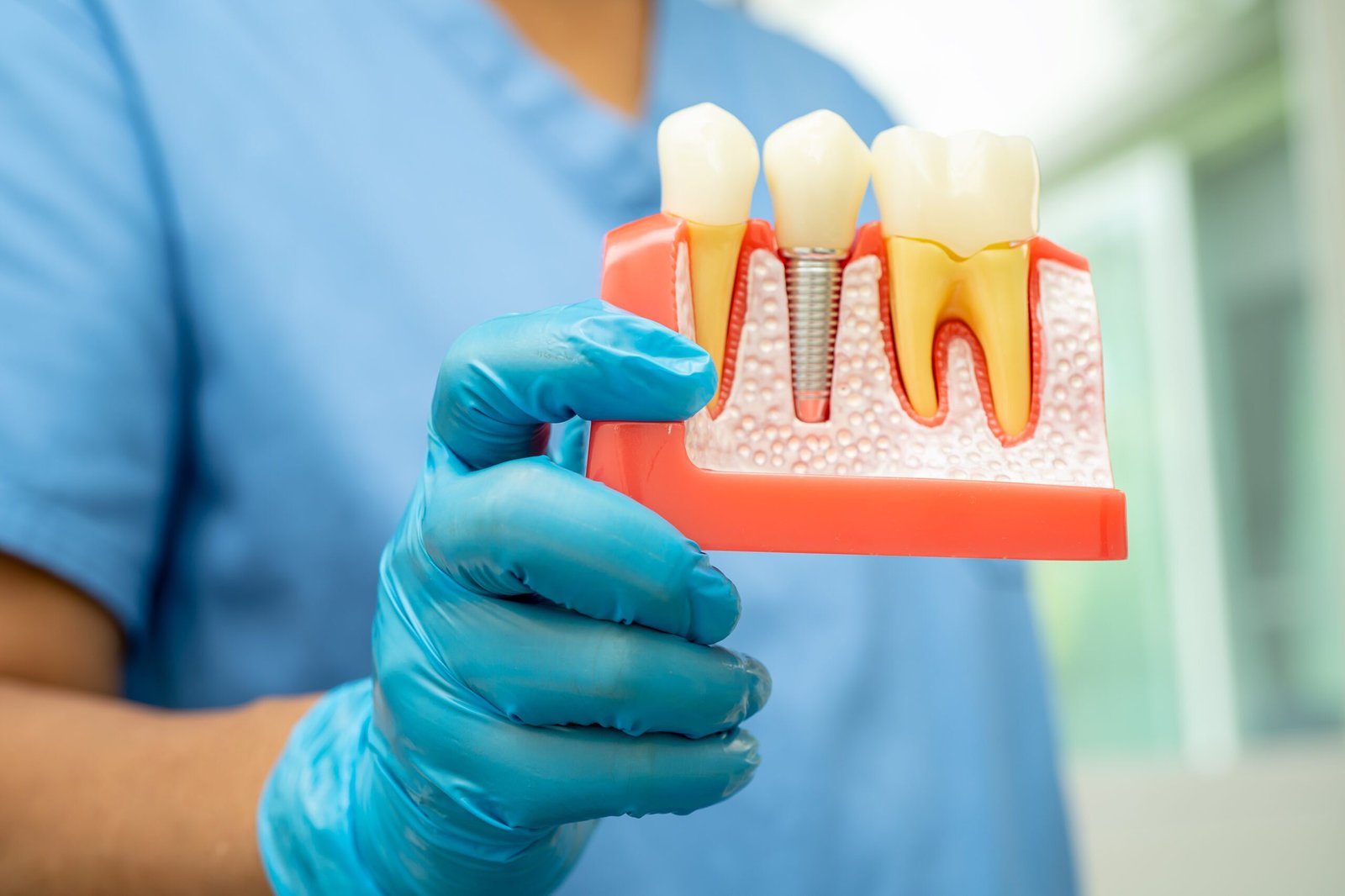
Dental implants: procedures, benefits and care
Tooth loss can affect not only a person’s appearance, but also his or her ability to eat and speak normally. Dental implants are the gold standard for treatment and a permanent and effective solution to replace those missing teeth.





